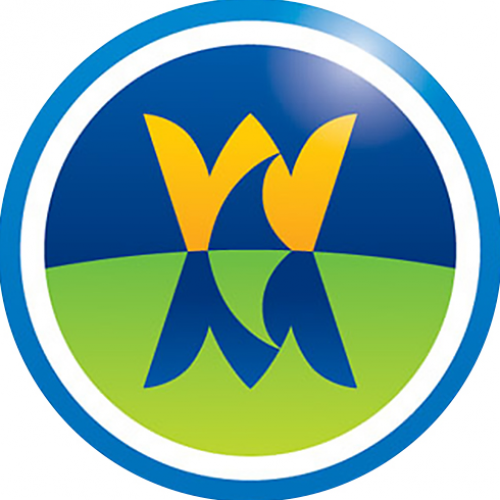
LSC Corner
Kia ora e te whānau
I am going to do a few wee spotlights on different learning needs that people in society have. In this newsletter I am looking at Autism Spectrum Disorder (ASD). ASD is thought to affect 1 in 100 people in NZ. ASD describes a range of conditions that includes Autism and Asperger Syndrome. People with ASD have a delay or difficulty in three areas of development:
Language skills – they have trouble understanding and using spoken language and non-verbal communication such as facial expressions and body language.
Social behaviour – they have trouble understanding social interactions, which affects their ability to play or interact with others.
Cognitive and thinking skills – they have trouble thinking and behaving flexibly, and may engage in restricted, obsessive or repetitive behaviours.
Every person with ASD is different.
They might have severe problems in each area mentioned above, mild problems in each area or more difficulty in one or two areas.
These difficulties will vary as they age. They also depend on factors such as their gender, personality, family and cultural circumstances, and intellectual ability.
Information sourced from NZ Ministry of Health
As a school we work very hard to accommodate the needs of all our ākonga. This looks different for each child. As a school we are strong advocates for inclusion and teaching all of our ākonga to be understanding and supportive of different children’s needs. The attached image from Diffen.com can help people to understand a little more about inclusion.
We often can’t see the challenges children with ASD face till the challenge becomes unbearable for them and they boil over. What appears to be something minor may just be the last drop their already full bucket can take. Our challenge as adults is to anticipate and reduce these challenges as often as we can. It’s not an exact science and we don’t always get this right. We are also very proud of our ākonga, as friends and classmates children learn to support one another. We are helping create a generation of children who naturally think in inclusive and supportive ways.
This is a great youtube clip to help people understand Autism and create acceptance and appreciation for Autism.
This video is a child friendly explanation of ASD.
Gallery

